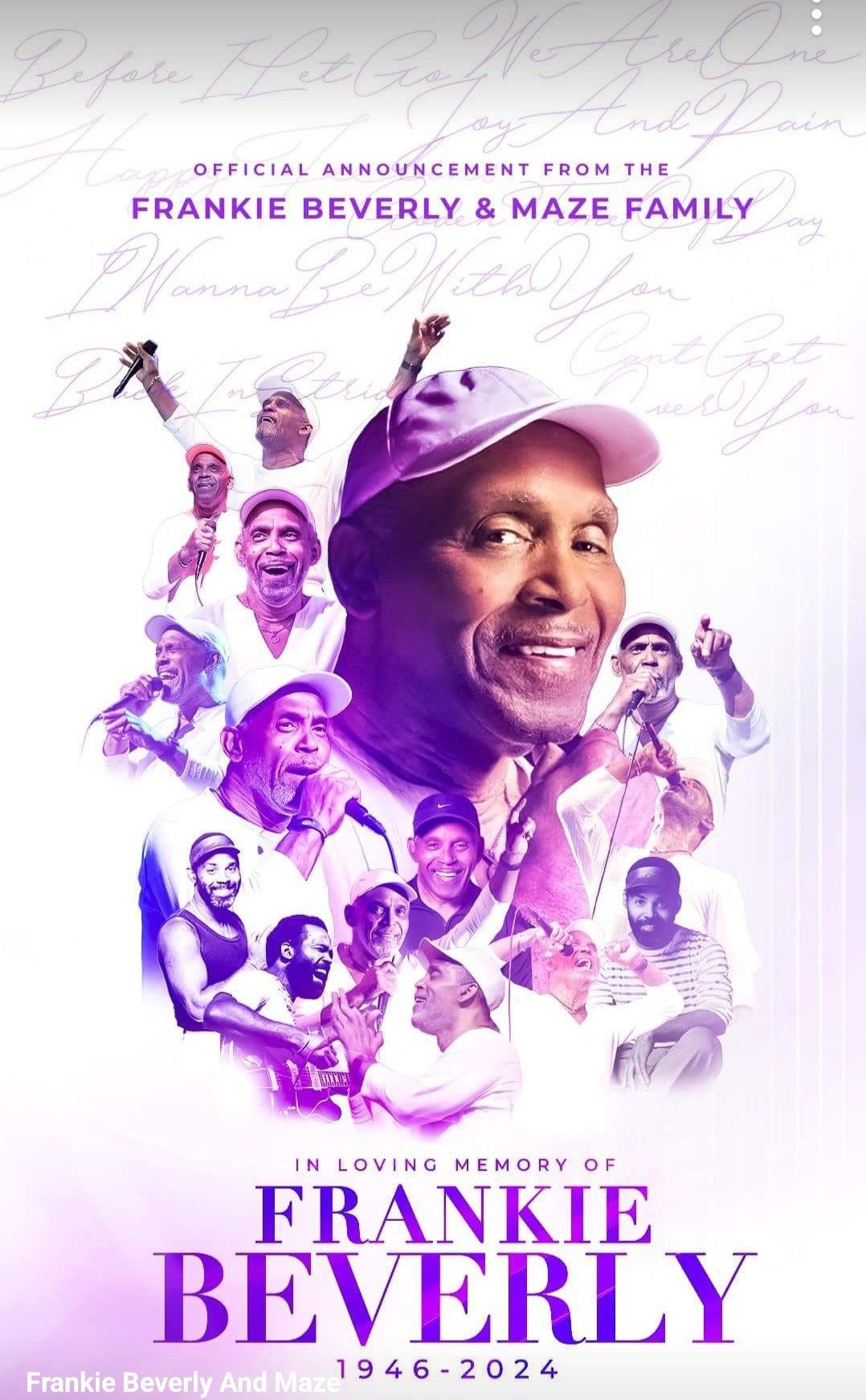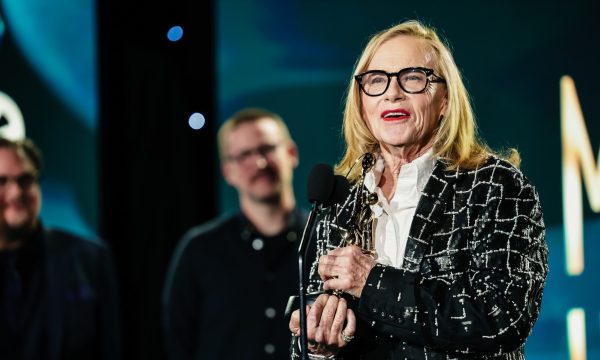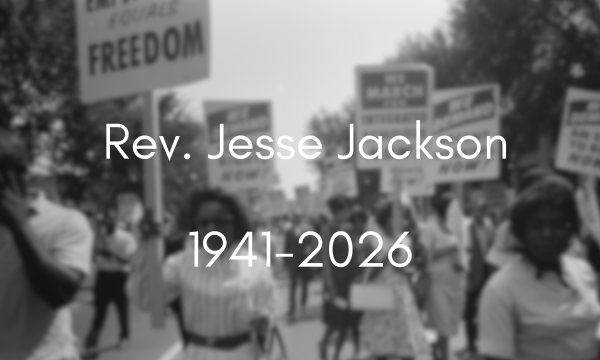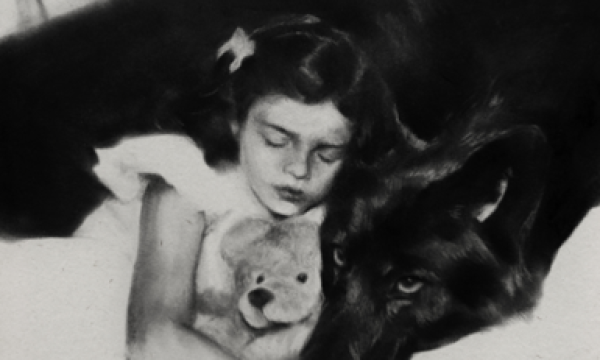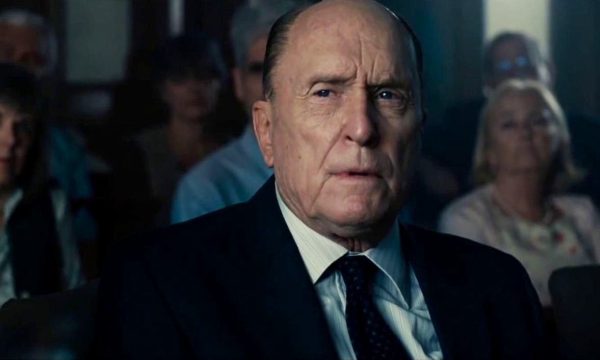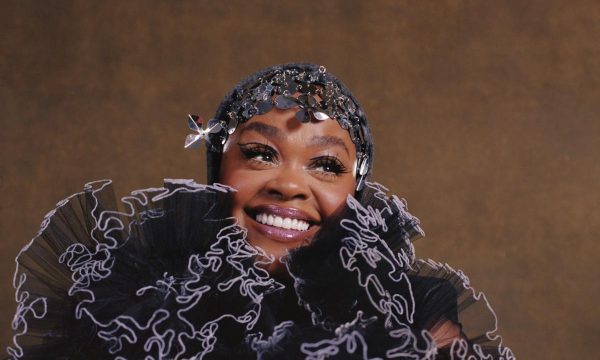Frankie Beverly, the lead singer and songwriter of the soul and funk band Maze, whose songs, including “Golden Time of Day,” “Joy and Pain” and “Happy Feelin’s,” provided the soundtrack to countless summer cookouts and family reunions for more than five decades, died on Tuesday. He was 77. His death was announced in a statement by his family on his Instagram account. The statement did not say where he died or cite a cause.
“He lived his life with pure soul, as one would say, and for us, no one did it better,” the statement said. “He lived for his music, family and friends.”
Mr. Beverly had announced a farewell tour this year with a handful of dates. He had said that he would retire after going on the road one last time. “Thank you so much for the support given to me for over 50 years as I pass on the lead vocalist torch to Tony Lindsay,” Mr. Beverly said in a statement to Billboard at the time. “The band will continue on as Maze Honoring Frankie Beverly. It’s been a great ride through the decades. Let the music of my legacy continue.”
With his smooth baritone, Mr. Beverly led Maze to success on the R&B charts and Black radio. But the band did not have a lot of crossover pop success.
“Frankie Beverly may be the biggest R&B star you never heard of,” J.D. Considine, the Baltimore Sun music critic, wrote in 1994. That did not seem to bother him much. “Yeah, I wish more people did know who I was,” he told Mr. Considine, “but if it’s at the expense of me giving up this thing we have, then I just have to wait until they find out. ’Cause whatever we have, whatever this thing is that we seem to have a part of, it’s a cult kind of thing.”
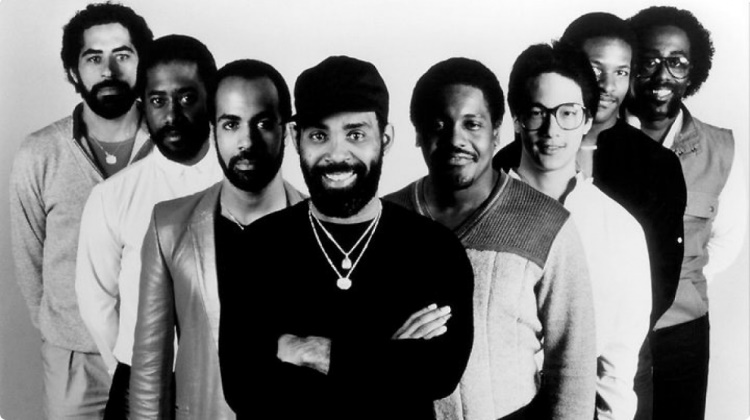
Howard Stanley Beverly was born on Dec. 6, 1946, in Philadelphia. His father was a truck driver, and his mother ran the household. He was influenced as a child by the music he heard in church, by R&B singers like Sam Cooke and Lloyd Price, and by the doo-wop group Frankie Lymon and the Teenagers.
“I was so blown away by Frankie that I changed my own name — my birth name is Howard!” he was quoted as saying in an online biography. “But after I heard Frankie and the guys, I was totally bitten.”
As a 12-year-old, he said, he toured the East Coast for about a year with the Silhouettes (who had a No. 1 hit with “Get a Job” in 1958) after they heard he could sing like Mr. Lymon. He then formed a few doo-wop groups of his own and recorded for one of the early record labels of the songwriter and producer Kenneth Gamble — who, with his partner, Leon Huff, would help create the sound known as Philly Soul. Mr. Beverly transformed his group Butlers from a traditional vocal harmony ensemble into Raw Soul, which bore the influence of Sly and the Family Stone’s adventurous fusion of soul, rock and funk.He and the other members of Raw Soul moved to San Francisco in 1972, but they initially had trouble finding success.
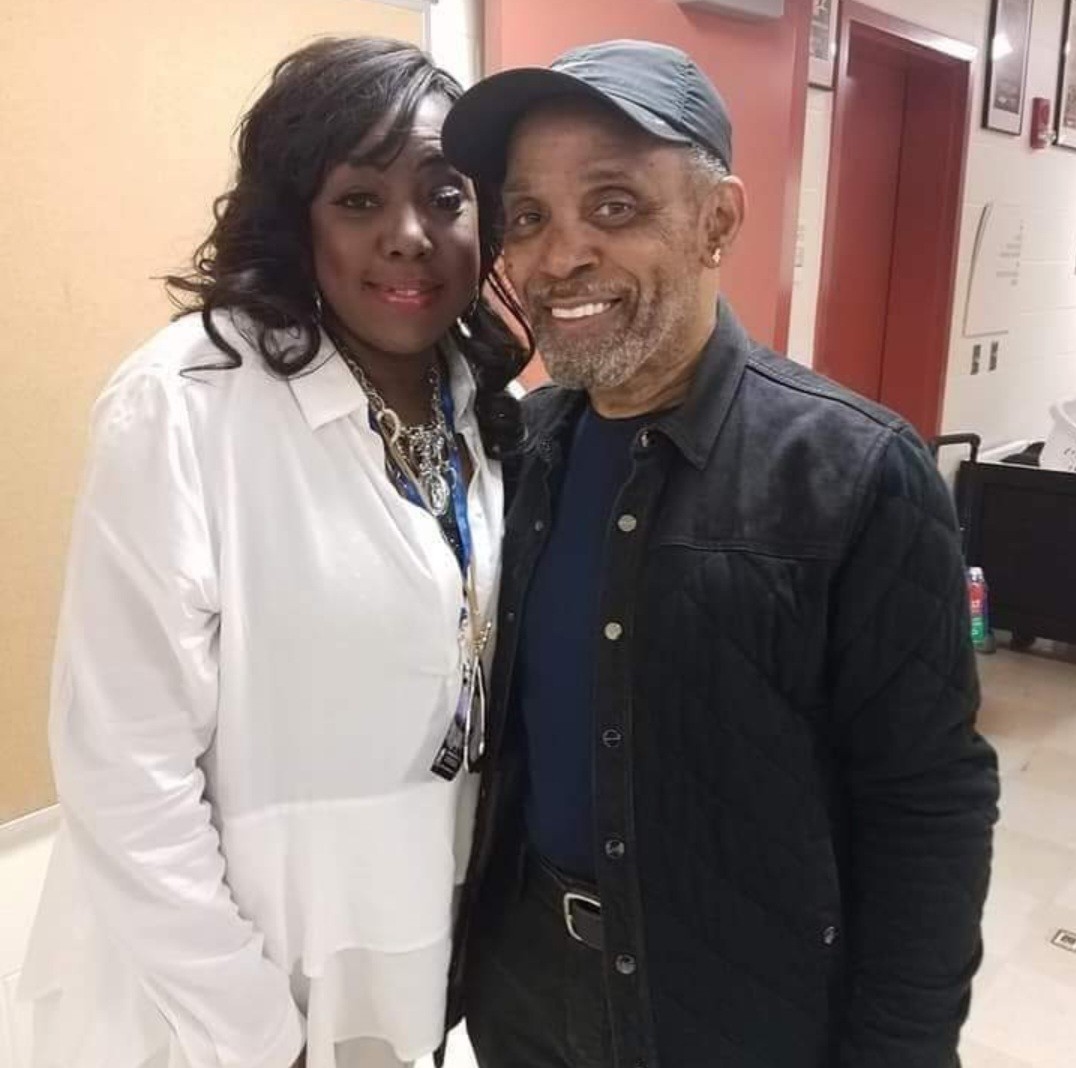
Doris Stokes-Knight & Frankie Beverly
“We were going through hell,” Mr. Beverly told The St. Louis Post-Dispatch n 1978. “San Francisco was no Disneyland. It was real, with real hurts and heartaches. We didn’t have any bread and we were out in the street.” They did manage to get booked at a few small clubs; at one of them, Marvin Gaye’s sister-in-law saw them perform and alerted Mr. Gaye to their talent. ” The Motown master would take the group under his wing and it was Gaye who suggested the group change their name. Frankie Beverly and Maze was born,” the website read. He took them out on tour in 1976 as an opening act and helped them get a deal with Capitol Records. “He loved me like a little brother,” Mr. Beverly said of Mr. Gaye in the online biography, “and certainly working with him helped bring our demos back to life.” Raw Soul changed its name before its first album, “Maze Featuring Frankie Beverly,” was released in 1977. It was the first of nine albums by the group to be certified gold, including the two-disc “Anthology” (1996).
Beverly’s family has not detailed a cause of death.


